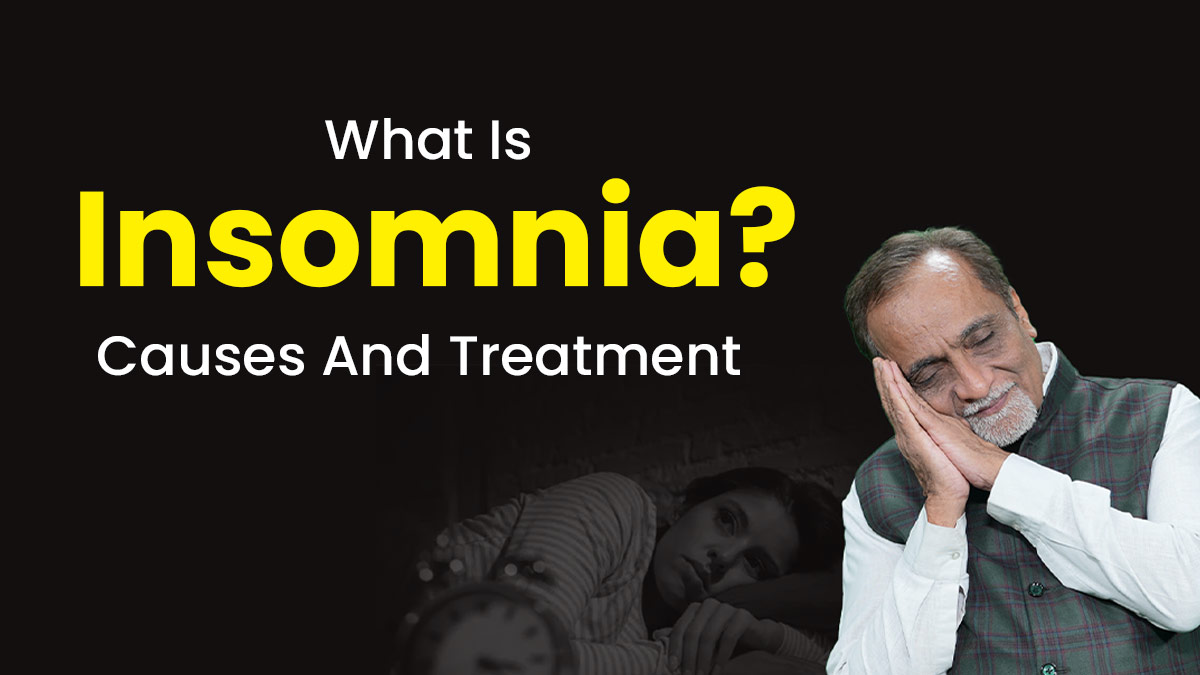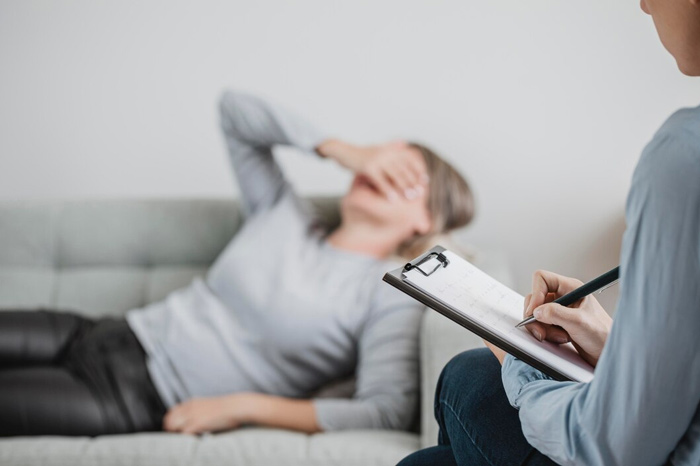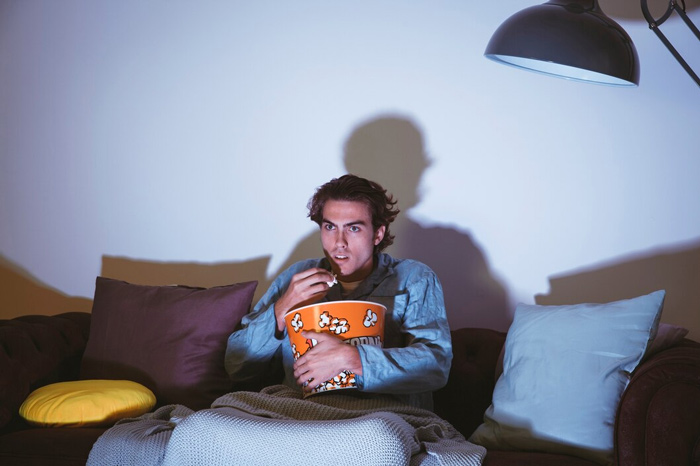
Have you ever noticed how your daily routine and activities get affected when you don't sleep properly? You may experience irritation, fatigue, anxiety, and difficulty concentrating. While sleep troubles are common once in a while, however, if the issue persists for a longer time, it may be an indication of a health condition known as insomnia. In our Mental Health A-Z series, this time Dr Nimesh Desai, Senior Consultant Psychiatrist, and Former Director, IHBAS, Delhi, explained insomnia, its causes, diagnosis, and preventive measures.
Table of Content:-
A sound sleep is important for your overall well-being. “For the proper functioning of the body, mind and brain, restorative, rejuvenating, and sound sleep is important. Any change in sleeping patterns, whether temporary or permanent, can result in various problems”, emphasised Dr Desai.
What Is Insomnia

One of the health conditions that can arise due to disturbed sleep is insomnia. It can be a reason for the disease, or it could be a disease in itself, or it could be the result of a disease. According to the Sleep Foundation, insomnia affects approximately 35% of adults and can lead to excessive daytime sleepiness, increased risk of road accidents, and widespread negative health impacts from sleep deprivation.
Not being able to sleep on some days is normal. However, if you don't get sound sleep for more than two weeks, then you should be careful. This includes difficulty sleeping, nighttime awakenings or early morning awakenings.
Also Read: From Being Addictive To Curing Insomnia: Expert Debunks Myths About Melatonin
Causes Of Insomnia

Dr Desai highlighted the primary causes of insomnia as follows:
- Physical circumstances: Too many mosquitoes, temperature issues or any other circumstantial reasons
- Emotional disturbances: Family issues, fights with partners, and getting low marks in examinations
- Medical/physical illness: Sleep may get disturbed due to pain and illness
- Mental disorder: Sleep gets disturbed if a person is not mentally sound
Primary Insomnia
According to a study conducted by the Japanese Journal of Clinical Medicine, primary insomnia is defined as chronic non-restorative sleep, which persists longer than three weeks despite having adequate opportunity for sleep and impairs daytime functioning.
Dr Desai added that primary insomnia is diagnosed in the laboratory. He said, “An EEG study is conducted throughout the night which is recorded and examined to diagnose primary insomnia.”
Impact Of Sleeping Pills On Health

Many people start taking tranquillisers and sedatives by themselves as a relief measure. However, these can be harmful to our health. It can lead to abuse or addictions and impacts the immune system and overall physical health. It is advisable not to consume these medicines without a doctor's advice, said Dr Desai.
Sleep pills should be used only after engaging in self-care activities, practising sleep hygiene, and simple day-to-day measures for better sleep. One can consume medicines only if advised by a doctor. Also, it is advisable to not consume sleeping pills for a prolonged duration.
Dr Desai highlighted, Earlier, only addictive tranquillisers and sedatives were used to treat insomnia. However, now specific sleep-promoting agents are available as medicines. Do consult with your doctor before considering sleep-promoting agents instead of tranquillisers.
Also Read: Sleep Apnoea VS Insomnia: Expert Explains The Difference Between The Two
How To Manage Insomnia

Dr Desai listed measures to manage insomnia as follows:
- Improve surrounding circumstances as much as possible
- Examine any physical illness which is unnoticeable and get it treated
- Watch out for any emotional turmoil or stress
- Consult a psychiatrist or a psychologist if required
Importance Of Sleep Hygiene In Preventing Insomnia

Here are some tips recommended by Dr Desai that you should prevent insomnia:
- Do consume meals 1-1.5 hours before bedtime
- Don't sleep immediately after consuming meals
- Do not read or watch any exciting or horror movies before going to sleep
- Do not consume beverages containing caffeine, such as coffee, tea, or aerated drinks before going to sleep
- Lay down comfortably. You may even listen to soft and slow music
- Regulating good sleep hygiene practices can cure insomnia
[Disclaimer: This article contains information provided by a registered healthcare professional and is for informational purposes only. We advise you to consult your expert for a treatment purpose tailored to your needs.]
Also watch this video
Read Next
Study Reveals That Air Pollution May Increase The Risk Of Parkinson’s Disease, Expert Explains How
How we keep this article up to date:
We work with experts and keep a close eye on the latest in health and wellness. Whenever there is a new research or helpful information, we update our articles with accurate and useful advice.
Current Version
Dec 12, 2023 15:38 IST
Published By : Chanchal Sengar